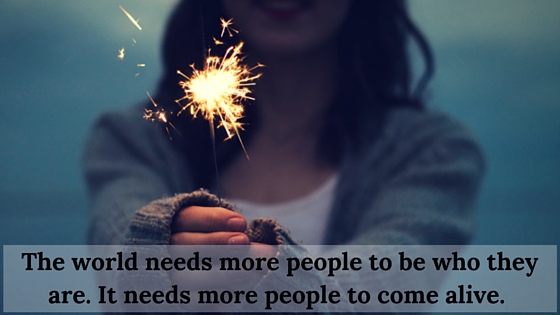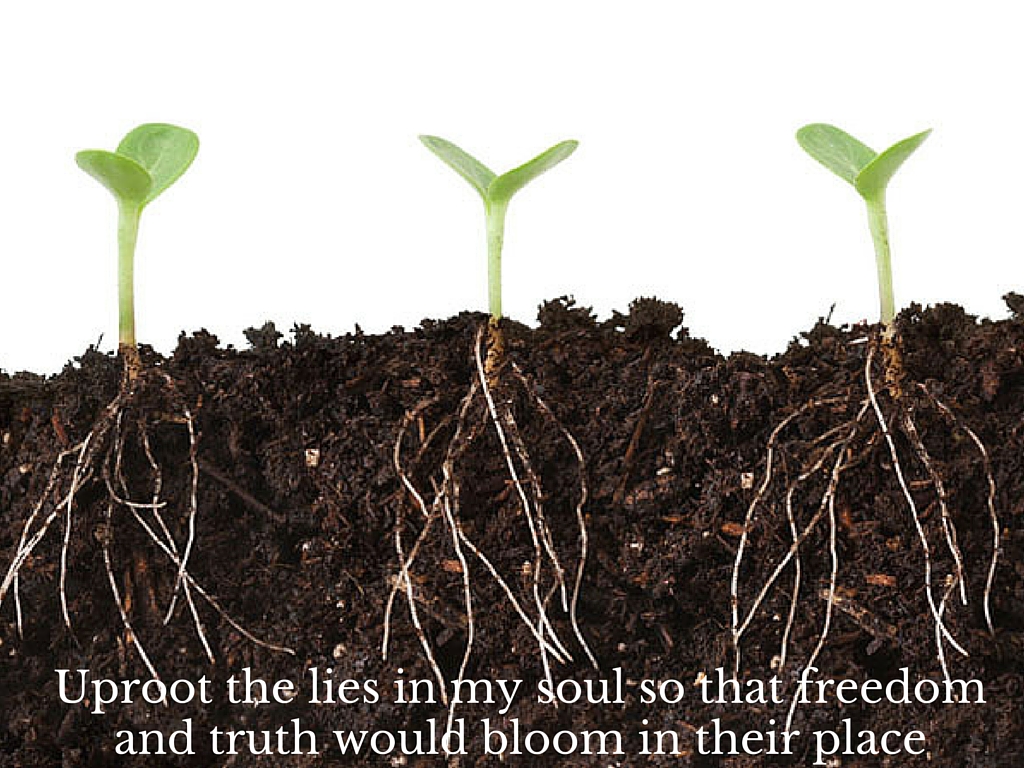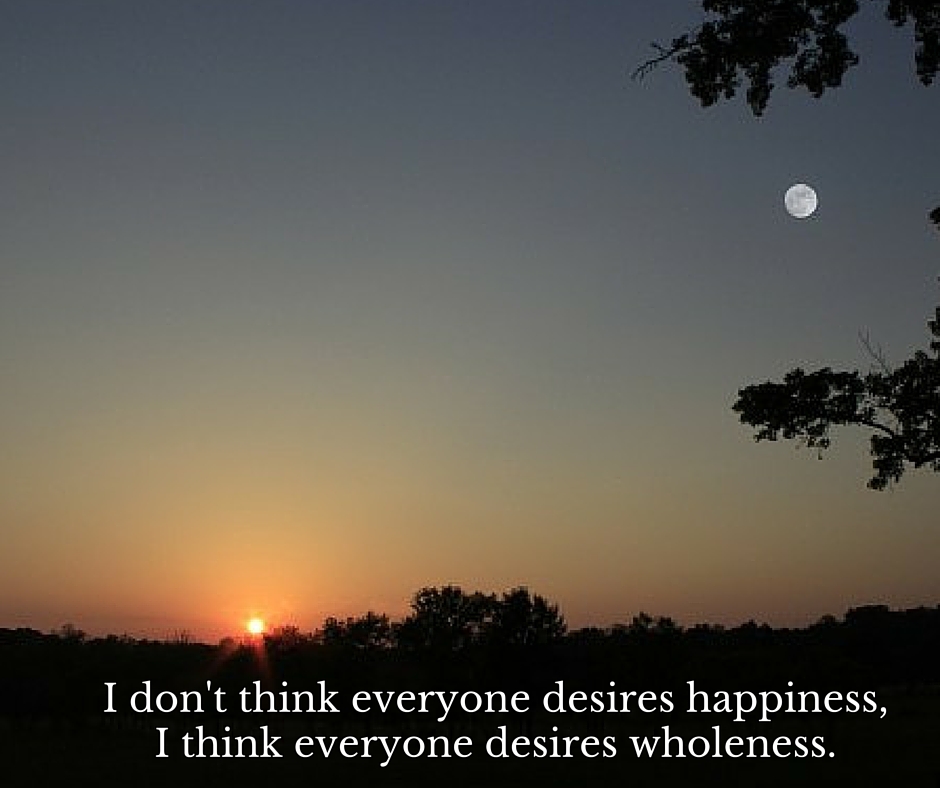Probably at least once a month I ask the question, What is life? What does it even mean? Why are we even here? What's the point? I basically have an existential crisis on the regular.
The other day while I was brushing my teeth I was thinking about this. (What...am I the only person who has an existential crisis while brushing my teeth?) Why do we get up and do life every day? What are other people's motivations for going through life? What's the point of life? How is it that someone who does a repetitive monotonous job every day can have more joy than someone who claims to be doing exactly what they want to do? The questions continued tumbling in my brain, but then a thought stopped the tumbling.
The point of life is to live.
Duh, right?
I think this idea "to live" can mean different things to different people.
To me "to live" means to be fully who I am.
It means to do things that make me come alive.
It means finding joy in the little things and when I can't do that resting in the knowledge that one day soon I'll be able to again.
It means to love and invest in the people around me.
It means finding gratitude in what I've been given.
It means embracing wonder and being remarkably curious.
It means moving forward and growing.
It means acknowledging all the seasons of life and understanding we don't always live in a world of summers.
It means accepting all the parts of myself, the parts I don't like, the parts I love, and the parts I would rather ignore.
It means desiring wholeness and doing the hard work it takes to live into wholeness.
It means resting in my God-breathed worth and doing my damnedest to treat each and every person I come in contact with knowing they have God-breathed worth too.
It means realizing the point of life is to live. We aren't here to just exist and float through life. We're meant to be who we are. We're meant to love each other well. We're meant to be a part of something bigger than ourselves that involves a whole lot of love and a whole lot of wholeness...some people call it shalom.
The world needs more people who realize the point of life is to live! One of my all-time favorite quotes is from Howard Thurman:
"Don't ask what the world needs. Ask what makes you come alive, and go do it. Because what the world needs is people who have come alive."
Figure out what makes you come alive. Figure out what living means to you.
Because the world needs you.
The world needs more people to be who they are and not who they think they should be.
It needs more people to come alive.








